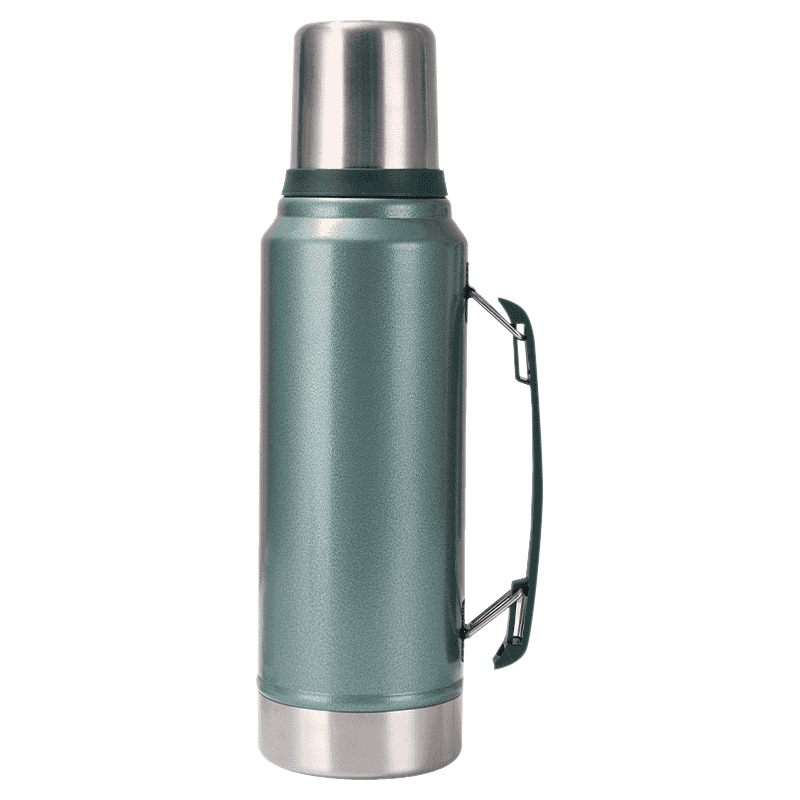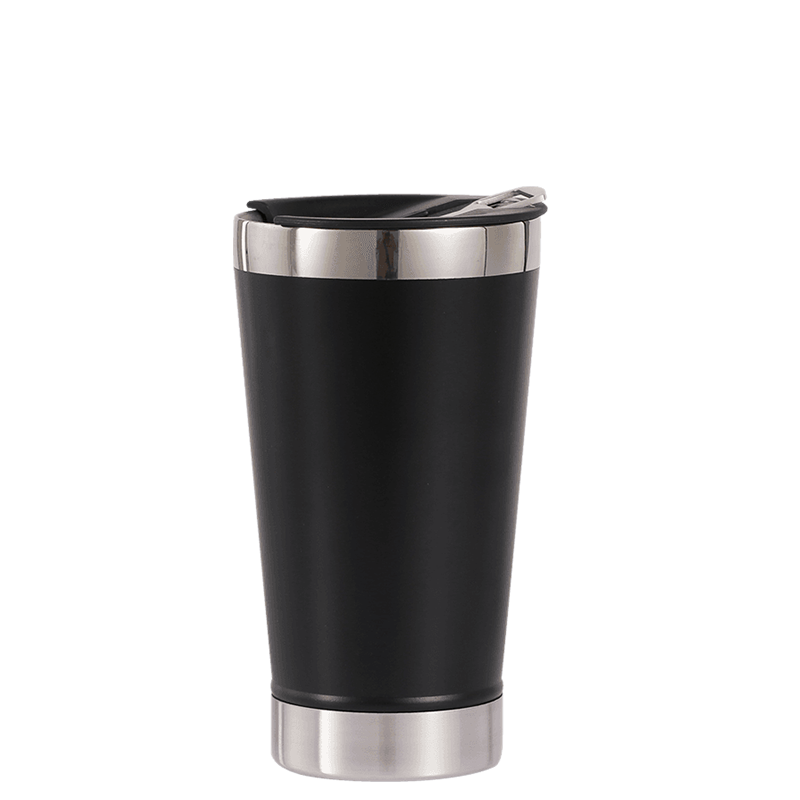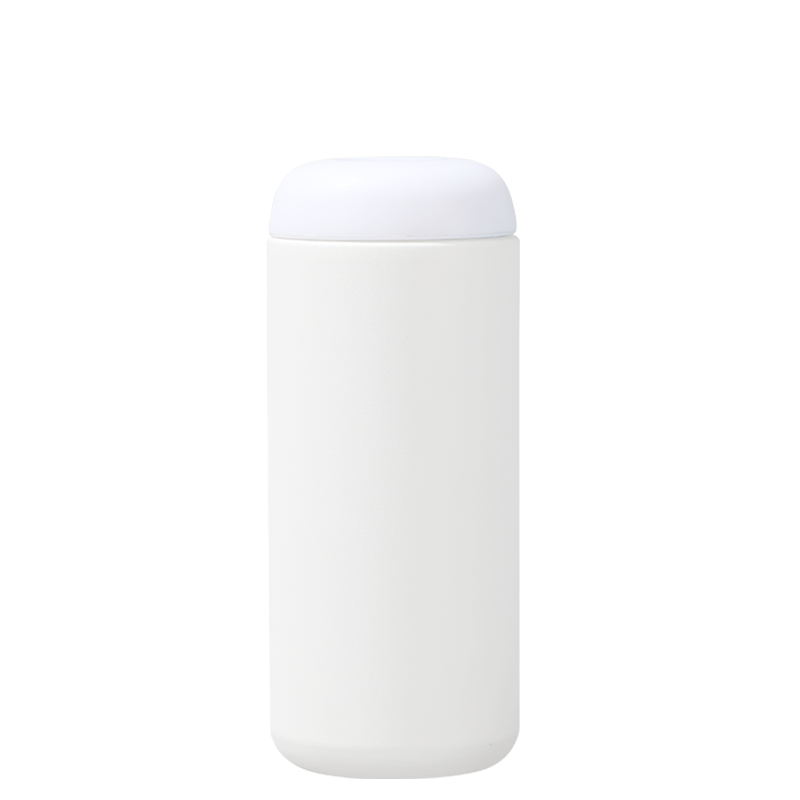
+86-13566758039

Industry News
In an era where environmental awareness shapes daily choices, many are turning to sustainable alternatives for everyday items. The bamboo thermos flask stands out as a practical option that merges style with functionality, offering a way to reduce waste while enjoying beverages at desired temperatures. With growing interest in eco-friendly products, companies like Aijunware have developed versions that emphasize natural materials and reliable performance.
The bamboo thermos flask relies on advanced insulation technology to keep beverages at consistent temperatures. At the core of this functionality is double-wall vacuum insulation, which creates a barrier between the inner and outer layers to minimize heat transfer. This design ensures that hot drinks remain warm and cold beverages stay chilled for extended periods. Aijunware incorporates high-quality stainless steel in the inner lining, which works in tandem with the bamboo exterior to provide reliable thermal retention. The vacuum-sealed environment prevents external temperatures from affecting the contents, making it a practical choice for daily use. Additionally, the lid plays a role in maintaining temperature by forming a tight seal that reduces air exchange. By understanding these mechanisms, users can appreciate how the bamboo thermos flask delivers consistent performance without relying on excessive energy or resources.
A bamboo thermos flask's life is a function of material pairing, user behavior, and maintenance. The stainless inner liner is highly durable against thermal cycling, while the bamboo outer layer is strong yet sensitive to environmental stressors like prolonged moisture exposure, temperature swings, and abrasive cleaners. A common failure mode is a cracked or warped outer shell caused by repeated dishwasher cycles or thermal shock; a second failure mode is a degraded lid gasket that loses elasticity, causing leaks and odor retention. Dropping the flask can dent the liner and compromise the vacuum seal; once vacuum integrity is lost, insulation performance declines quickly.
Proper maintenance is key to ensuring that a bamboo thermos flask remains functional and attractive over time. Start by hand-washing the flask with mild soap and lukewarm water, as harsh detergents or high temperatures can damage the bamboo casing or internal seals. Avoid placing the flask in dishwashers or microwaves, as sudden temperature changes may cause cracking or warping. For the bamboo exterior, occasional wiping with a damp cloth helps preserve its natural finish. Regularly inspect the lid's silicone gaskets for signs of wear, such as cracks or stiffness, and replace them if needed to maintain a leak-proof seal. Aijunware provides care guidelines that emphasize storing the flask in a dry place and avoiding impacts that could dent the stainless steel interior. By following these practices, users can enjoy their bamboo thermos flask for years, making it a worthwhile investment for both personal use and environmental stewardship.
Yes, when the interior is made of food-grade stainless steel and the lid gaskets and seals are rated for hot liquids, the container can safely hold hot water. Good practice for both performance and safety is to pre-warm the flask by pouring hot water in, letting it sit briefly, and then discarding that water before filling with the beverage you want to keep warm. Pre-warming reduces the initial temperature gradient and gives vacuum insulation an immediate advantage in maintaining beverage heat.
Caution is warranted with lids and gasket materials: low-quality elastomers can break down under repeated exposure to very hot liquids, and poorly designed venting can trap pressure. Avoid sealing carbonated or vigorously fermenting drinks, as trapped gas can build pressure and stress the closure system. Technical specifications from suppliers should include operating temperature for lid materials and instructions for pressure release.
Assessing the insulation capabilities of a bamboo thermos flask involves checking its construction and conducting simple tests. Look for features like double-wall vacuum insulation and a lid with multiple sealing points, as these elements are indicators of good thermal retention. Aijunware designs its flasks with attention to these details, ensuring that heat loss is minimized. To test performance at home, fill the flask with hot water, seal it, and wait a short while before touching the outer surface. If the exterior remains cool to the touch, it suggests effective insulation. Similarly, inverting the flask to check for leaks can verify the lid's seal integrity. Comparing user reviews and independent assessments of different models, including Aijunware's offerings, can provide additional insights into real-world performance. This proactive approach helps consumers make informed decisions based on both technical specifications and practical experience.

Opting for a bamboo thermos flask brings several advantages compared to traditional metal or plastic containers. The bamboo exterior offers a natural, aesthetic appeal that many find appealing, while the material itself is renewable and biodegradable. In terms of functionality, the insulation technology in bamboo flasks can rival that of conventional ones, keeping drinks at a stable temperature for extended periods. Aijunware integrates these elements into their products, focusing on sustainability without sacrificing performance. Additionally, bamboo flasks are often lighter and easier to carry, making them ideal for travel or daily commutes. From an environmental perspective, using a bamboo thermos flask supports efforts to reduce plastic waste, aligning with broader trends toward eco-conscious living.
Leaks in a bamboo thermos flask often result from improper lid sealing, damaged gaskets, or overfilling. To prevent issues, always ensure the lid is screwed on securely and check the silicone seals regularly for wear or deformation. Aijunware incorporates robust sealing mechanisms in its designs, but user handling plays a role in maintaining leak-proof integrity. Avoid overfilling the flask, as leaving some space at the top reduces pressure buildup when closing the lid. Additionally, refrain from using carbonated beverages, which can generate internal pressure and force leaks. Cleaning the flask gently with soft materials helps preserve the seals, and storing it upright minimizes stress on the lid. By adopting these habits, users can enjoy a leak-free experience with their bamboo thermos flask, whether during travel or daily commutes.
Hand wash the liner when possible and avoid strong alkalies or bleach on bamboo surfaces. Periodically remove the gasket and wash it separately to prevent biofilm buildup. To refresh bamboo finishes, use a light coat of food-safe oil carefully applied to the outer shell — manufacturers often recommend a specific plant oil to preserve grain and reduce the risk of cracking. Never subject the bamboo shell to the dishwasher or microwave. Encourage users to air-dry with the lid off; trapped moisture accelerates odor and microbial growth in recessed features.
Incorporating a bamboo thermos flask into your daily life can bring convenience and style, especially in today's fast-paced world. Whether you're heading to the office, gym, or a weekend outing, these flasks are designed to be portable and easy to carry. Their sleek design fits well in bags or car holders, making them accessible whenever you need a drink. Aijunware models, for instance, come in various sizes to suit different needs, from small personal flasks to larger ones for family use. The insulation technology ensures that your beverages stay at a pleasant temperature, whether you prefer hot coffee in the morning or a cool drink in the afternoon. Beyond practicality, using a bamboo thermos flask reflects a commitment to sustainable living, which resonates with many people today. By adopting this habit, you can reduce single-use plastic consumption and inspire others to do the same. Aijunware supports this lifestyle with products that are both functional and environmentally friendly, helping you make a positive change without compromising on quality.
When buying a bamboo thermos flask, consider factors like insulation type, material quality, and design features to find one that meets your needs. Look for double-wall vacuum insulation, as this technology is effective at maintaining temperatures. The lid should have a secure seal to prevent leaks and retain heat. Also, check the capacity and portability; smaller flasks are great for individual use, while larger ones might be better for sharing. Reading customer reviews can provide real-world insights into performance and durability. By evaluating these aspects, you can select a bamboo thermos flask that aligns with your values and daily routine. This thoughtful approach ensures you get a product that not only serves its purpose but also supports a healthier environment.
Your email address will not be published. Required fields are marked *








* Your email is safe with us, we don't spam.


Our company's products include vacuum flasks, beer mugs, coffee mugs, car tumbler, fire stove and tensile parts, etc.
Phone: +86-13566758039
Tel: +86-0579-87171178
Fax: +86-0579-87171178
E-mail: [email protected]
Add: No.29, Qiaodong Road, Qiaotouzhou Village, Longshan Town, Yongkang, Jinhua, Zhejiang, China.

 English
English 中文简体
中文简体 日本語
日本語 Français
Français Español
Español